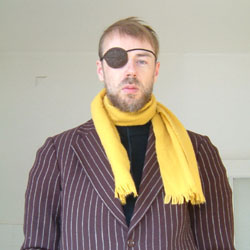A Quote by Lynne Truss
What I have always liked about Brighton is its impersonality. Since the 18th century, people have come, used the place and gone home again.
Related Quotes
I wanted to create a believable feeling for 18th Century reality in the Perfume: The Story Of A Murderer. I didn't want this typical film feel of strange people in strange costumes, not really knowing what to do or how to move. If you put an 18th Century costume on Alan Rickman, it looks like he's been wearing it forever because he inhabits the stuff. He is a character that can really travel in time as an actor and transform into this 18th Century person with seemingly no effort.
Home is home wherever you grow up generally speaking. Unless you're one of those people who always wants to get out of a small town and do something bigger with your life, which I always did but I always wanted to come back, so home is home and its a great place for me to come back and escape the hustle and bustle of the life that I live.
The vast majority of those of Scots lineage living in the Ulster counties in the 18th century had come across, or their people had come across, in the 1690s. And they were victims of famine. Over that decade, 30000-50000 people were fleeing from that disaster. In terms of per capita loss, it was of the same order of magnitude as the Irish famine (of the 19th century).
Although the stories are very present in my book, and very present in my mind, what I was most interested in was the question of why it had attracted such a following in the 18th Century. It's less mysterious that it attracted a following in the Romantic period, and in the 19th Century, but the early 18th Century when the Rationalists fell in love with it...that was mysterious. What I wanted to look at was the forms of enchantment.






































